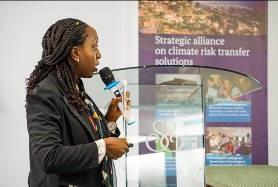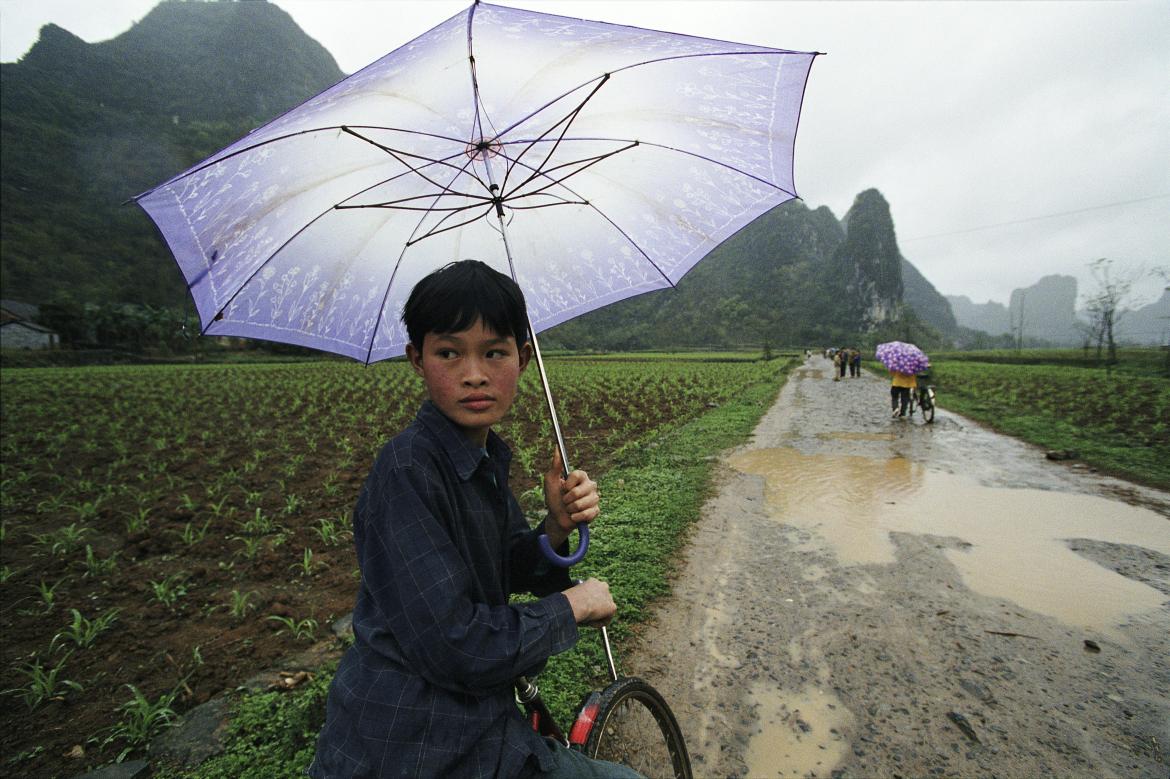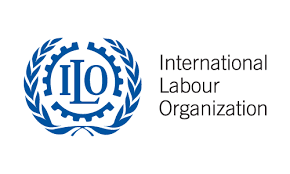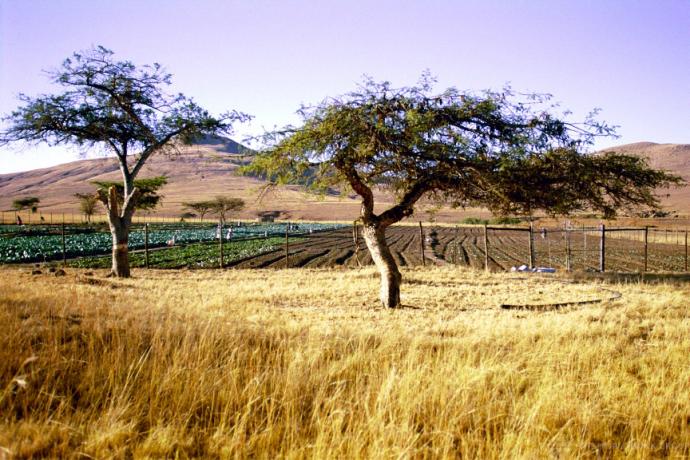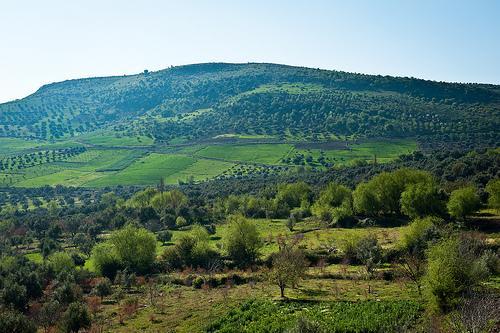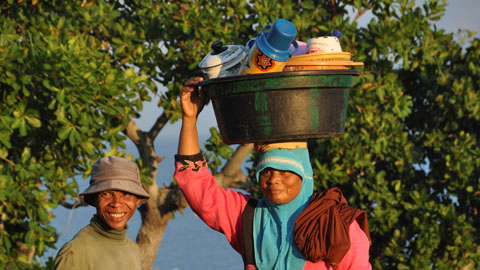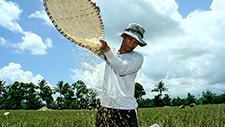22
Jun
From April 17 to 20, the Strategic Alliance on Climate Risk Transfer Solutions facilitated two high-level executive training on index-based livestock insurance in Mombasa, Kenya. The goal was to reflect on the Kenya Livestock Insurance Program (KLIP) – a flagship program in agricultural insurance – and define next steps for further improvement and implementation on national and county level. The World Bank and the International Livestock Research Institute (ILRI) are also involved in the Program and the gained knowledge is openly shared for other programs and countries to use. The presentation

